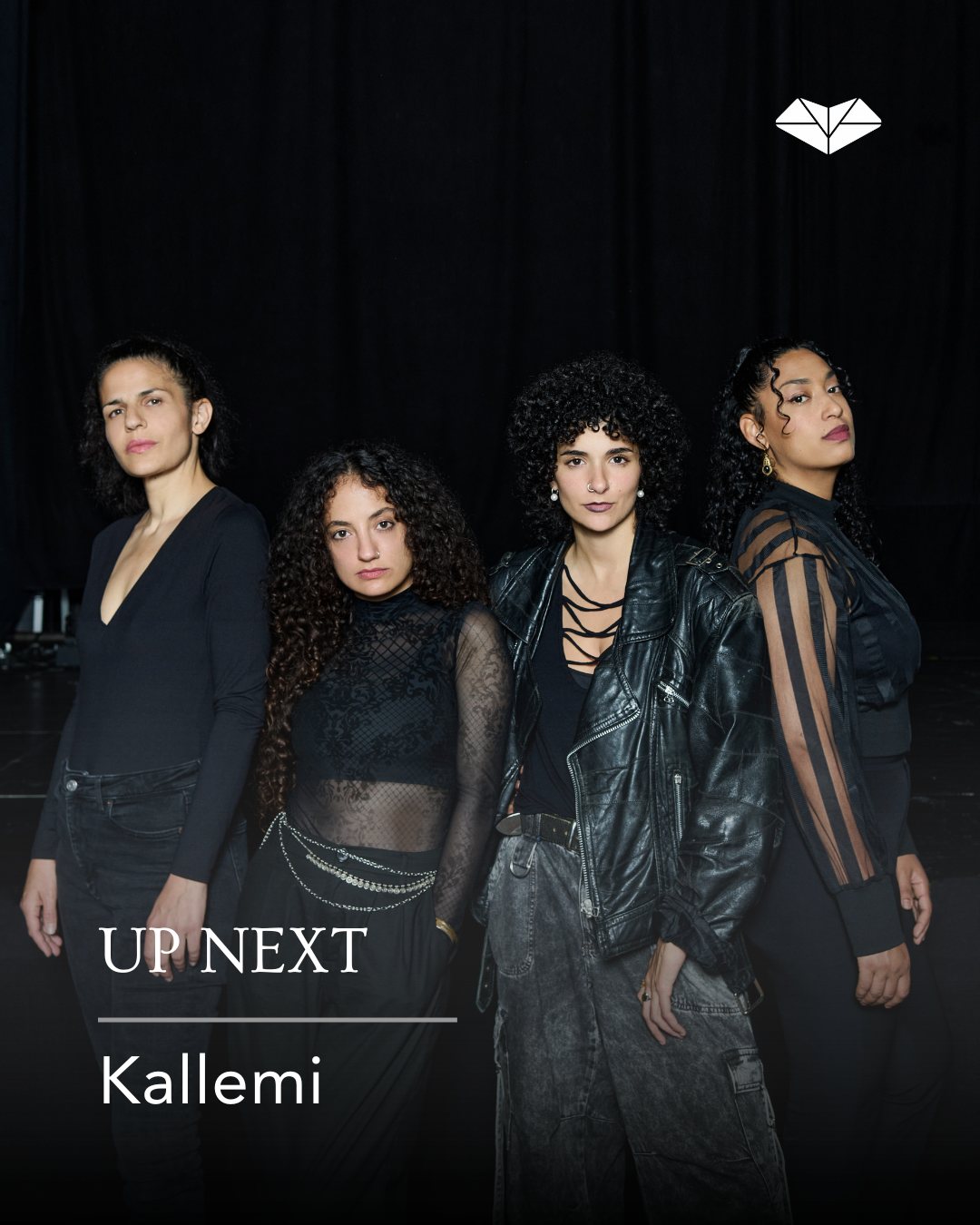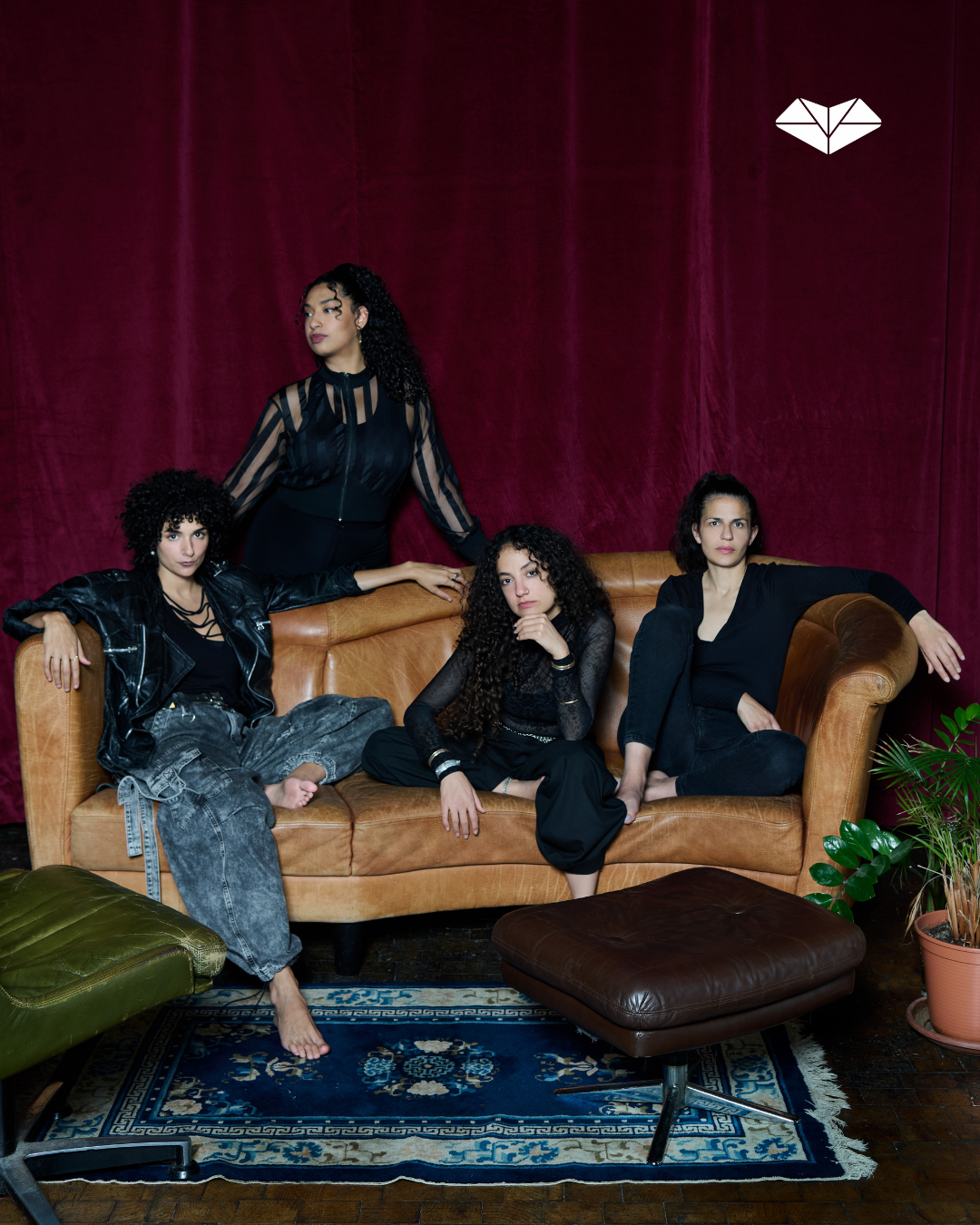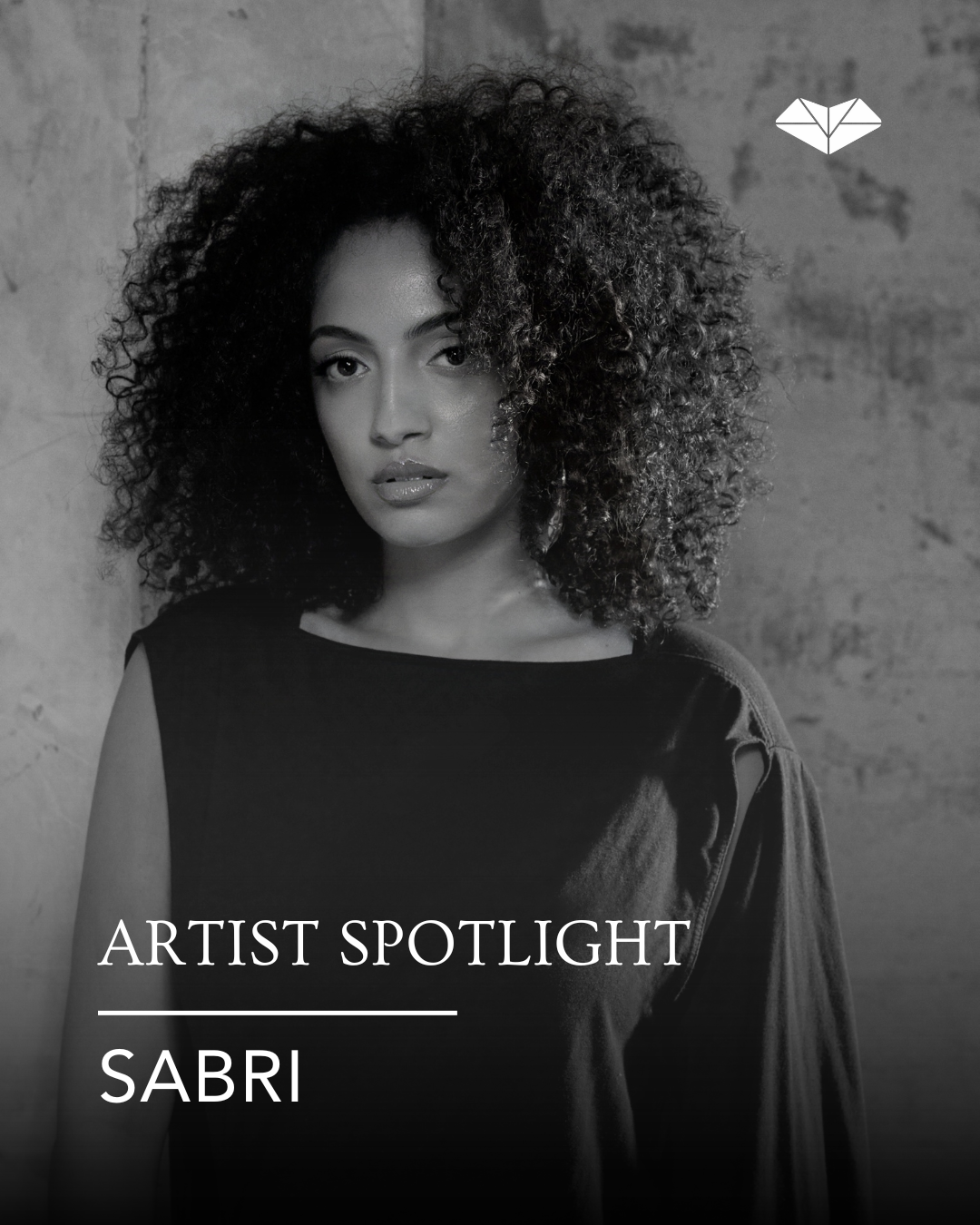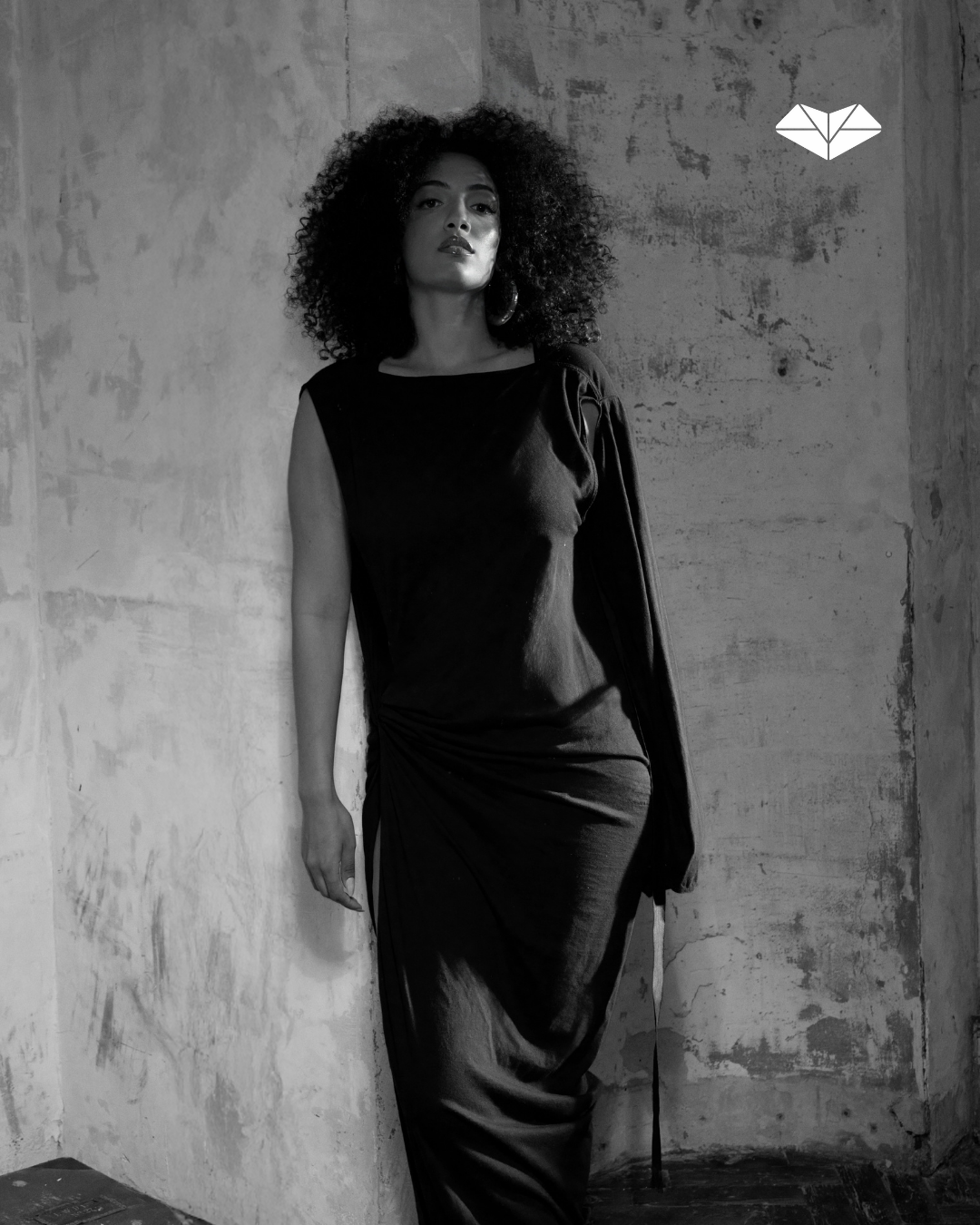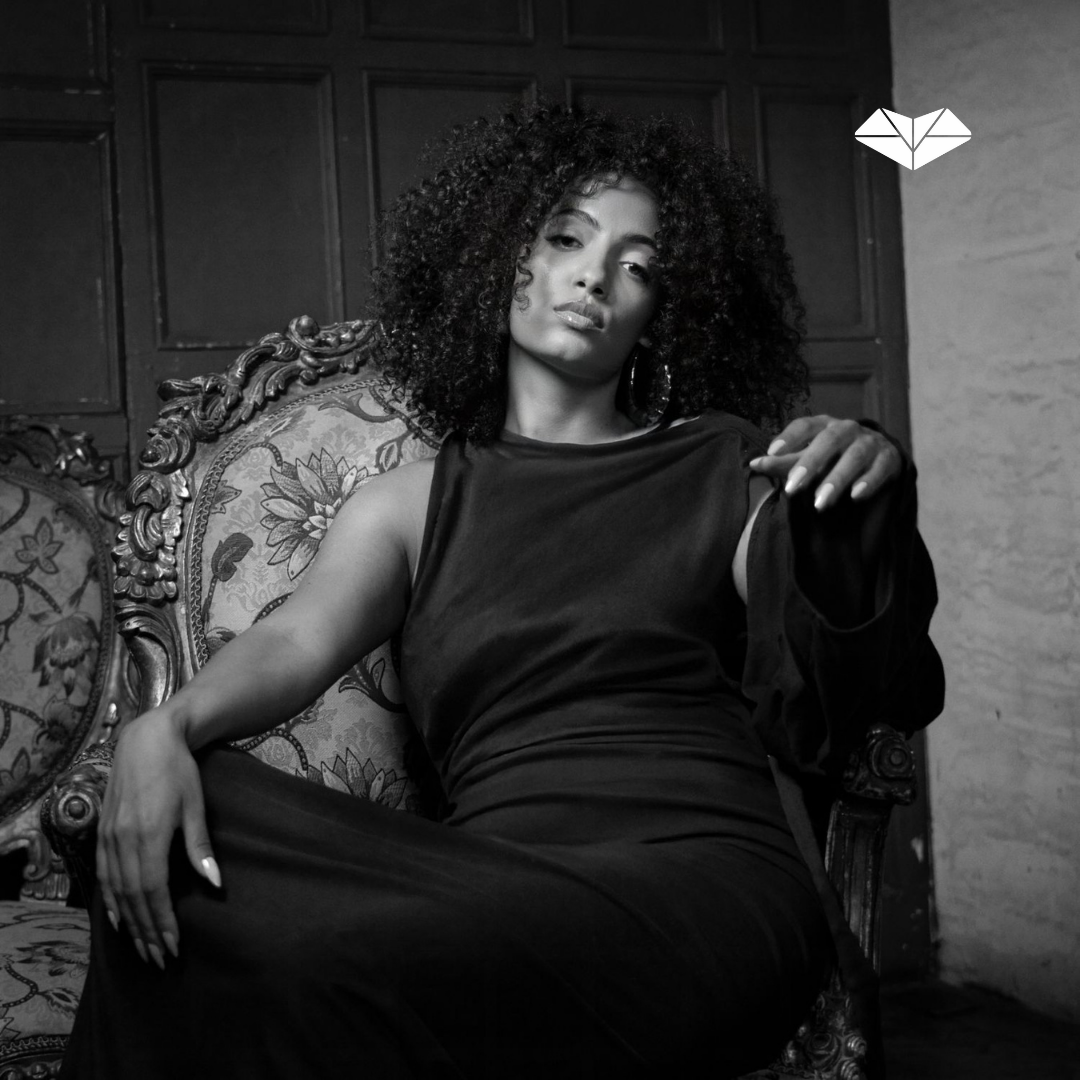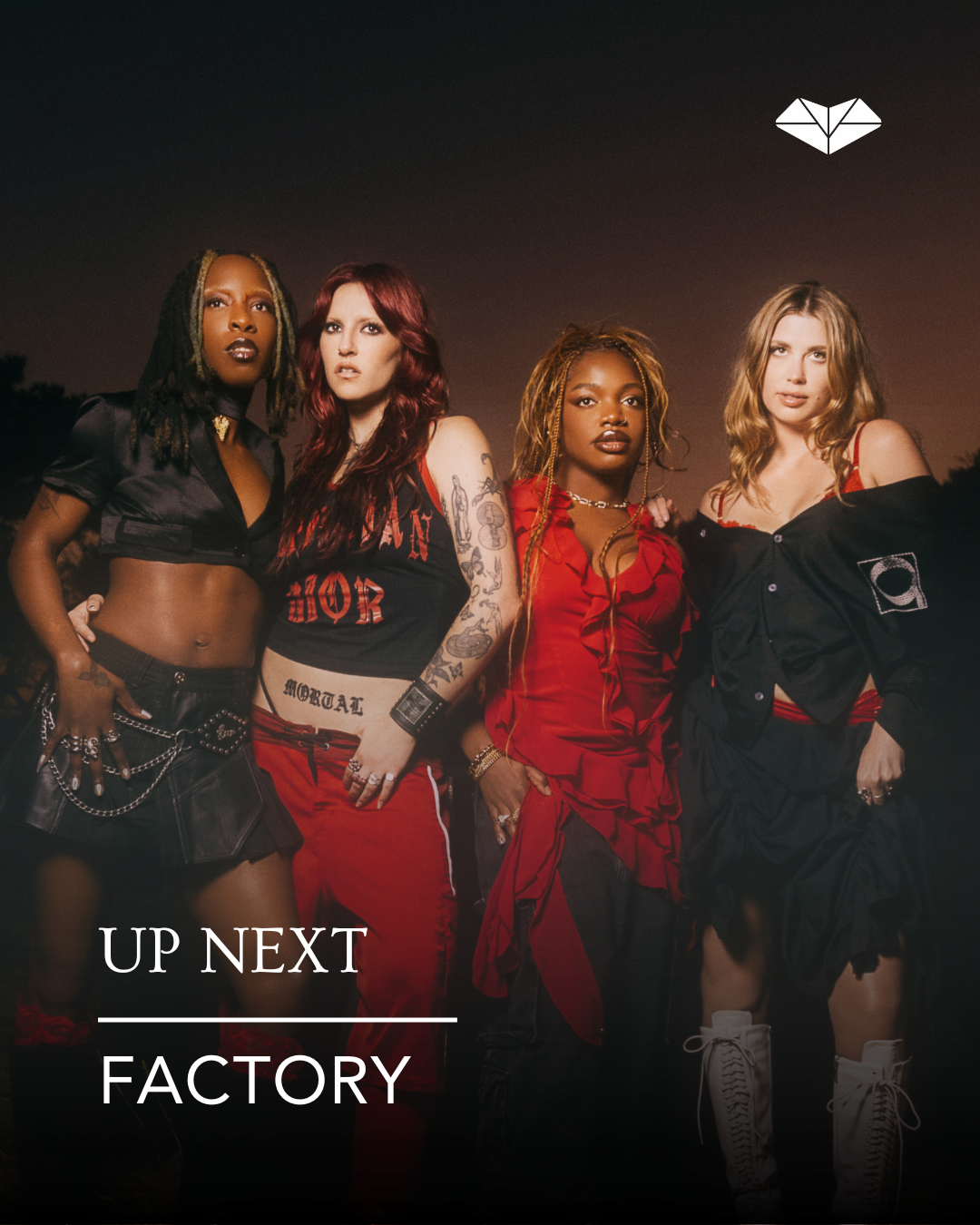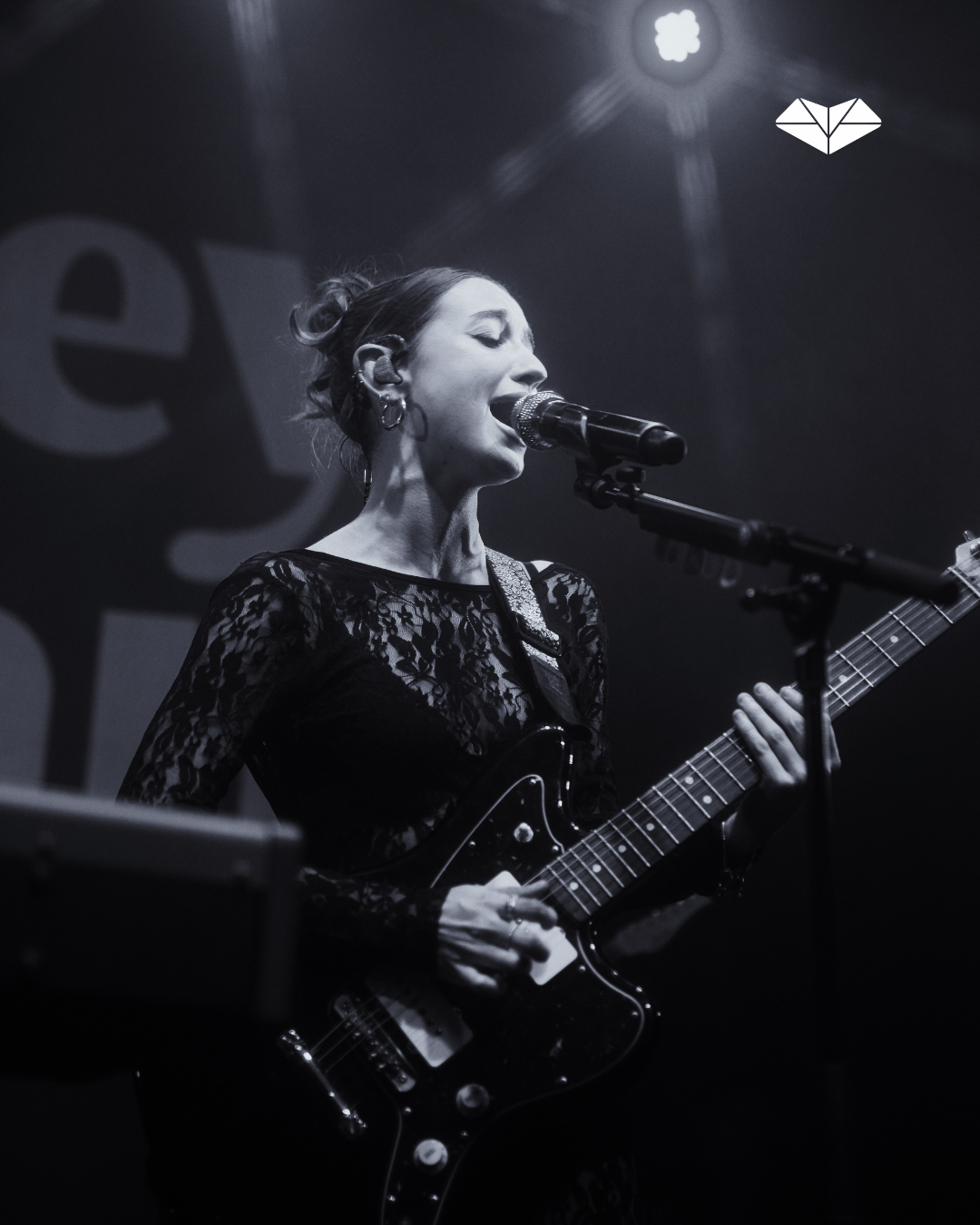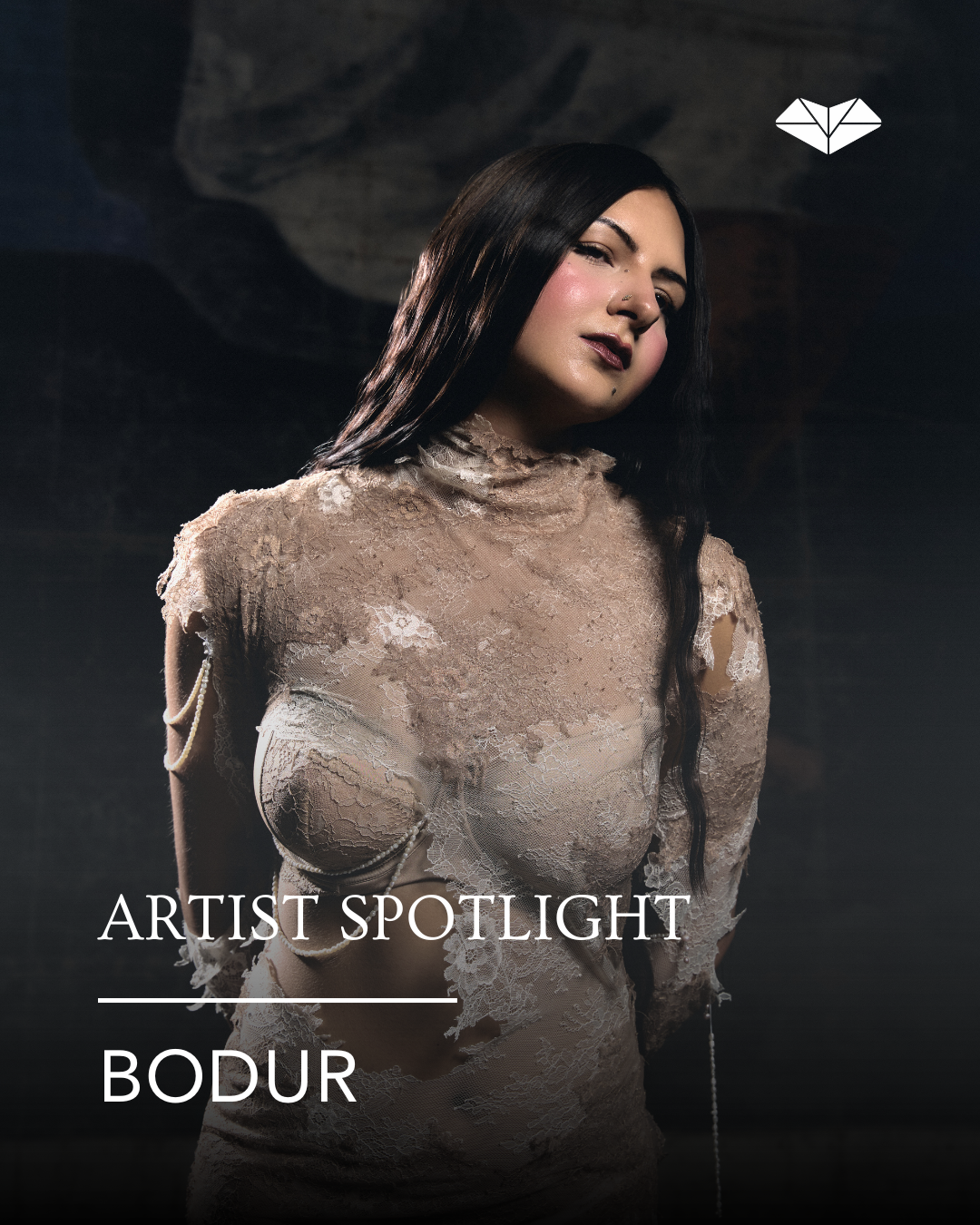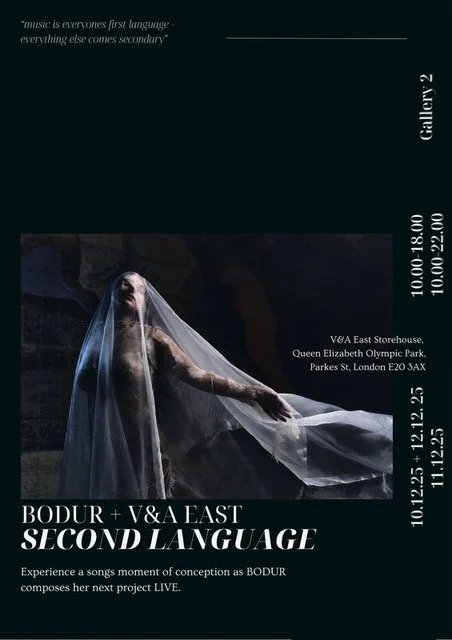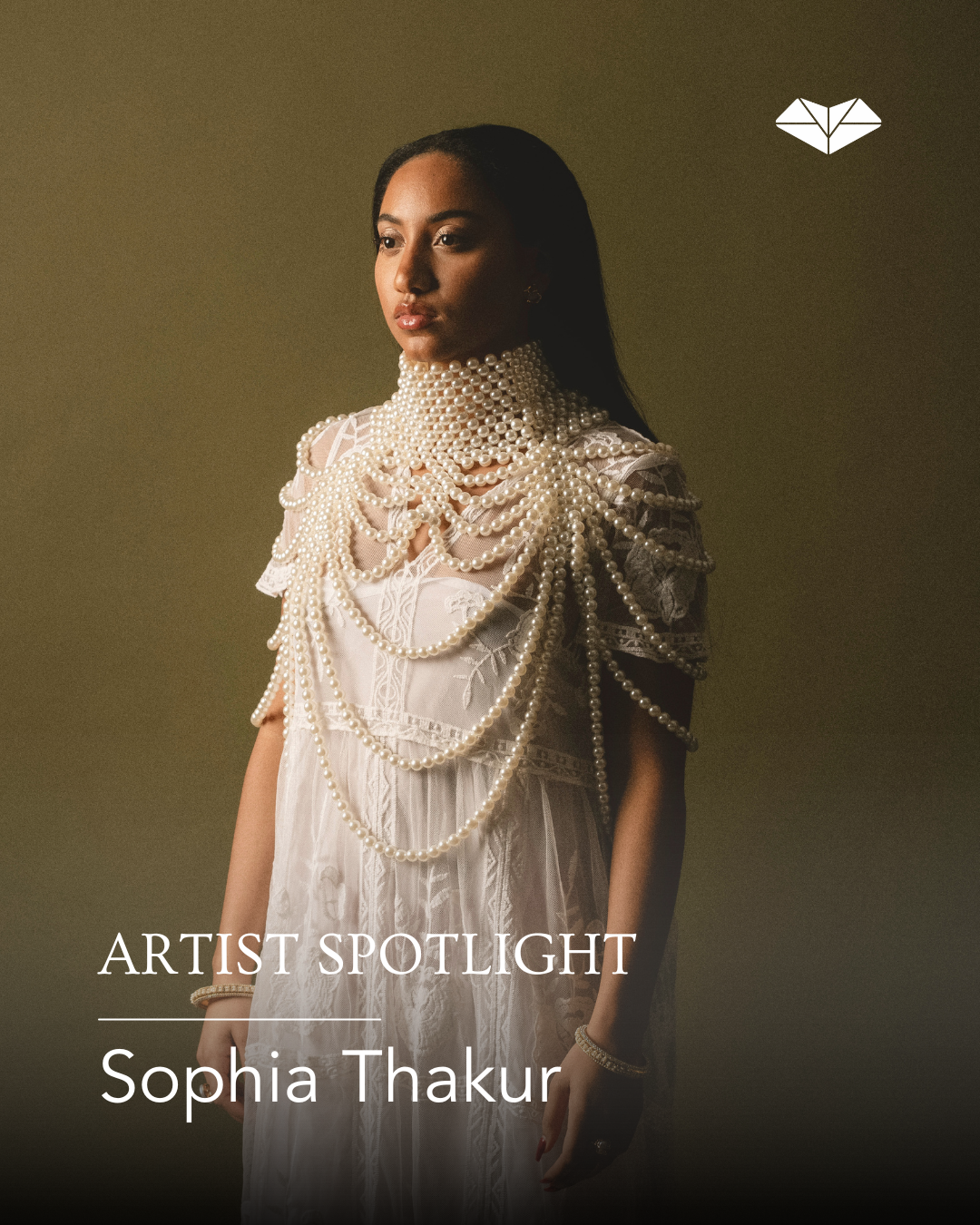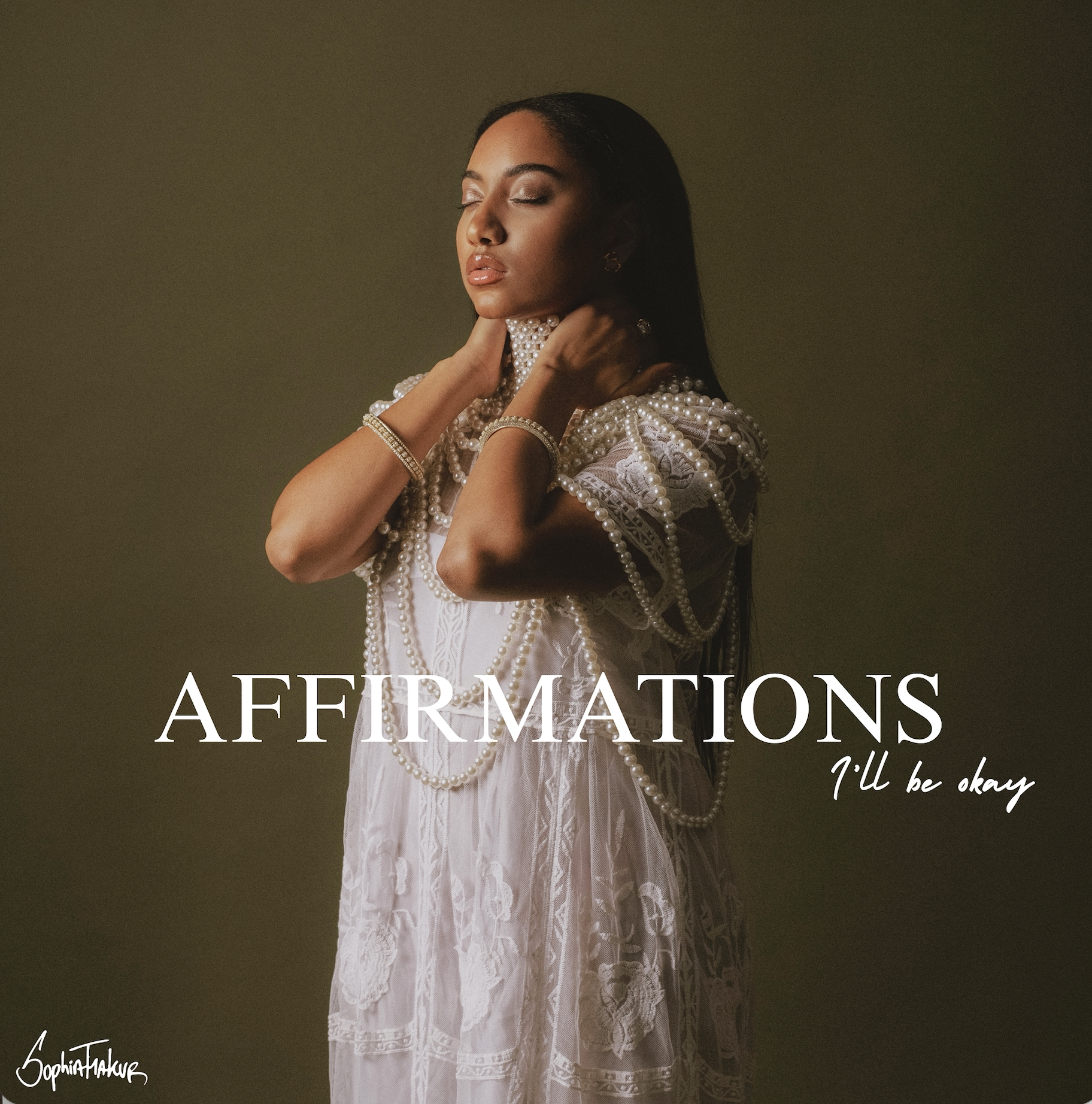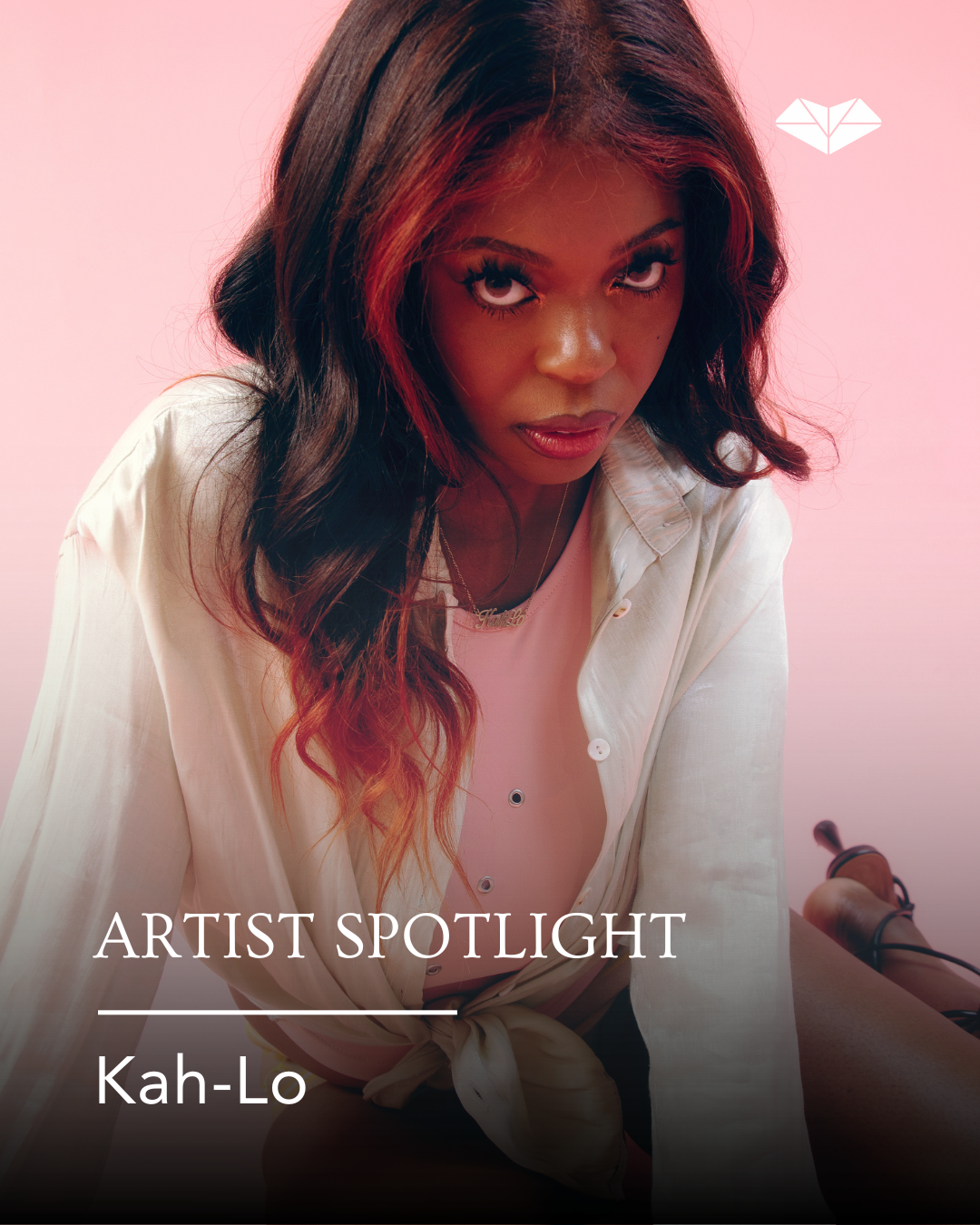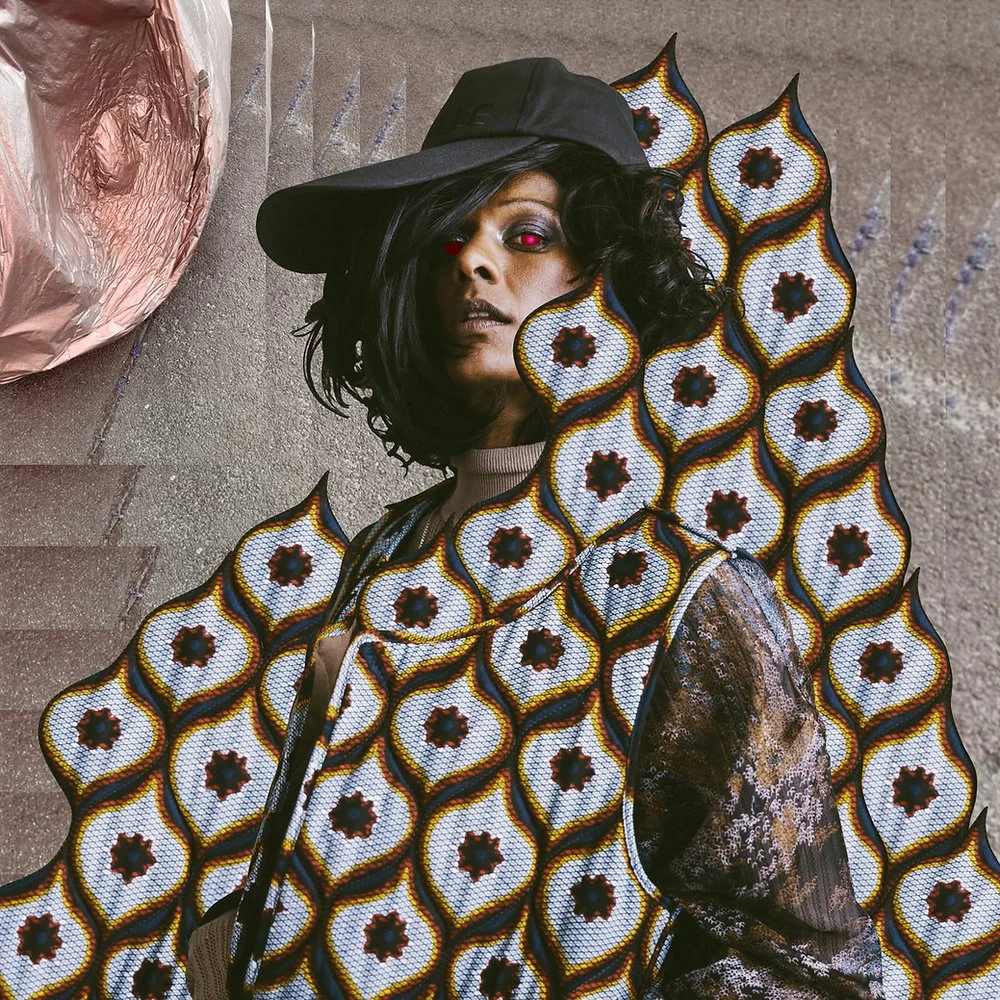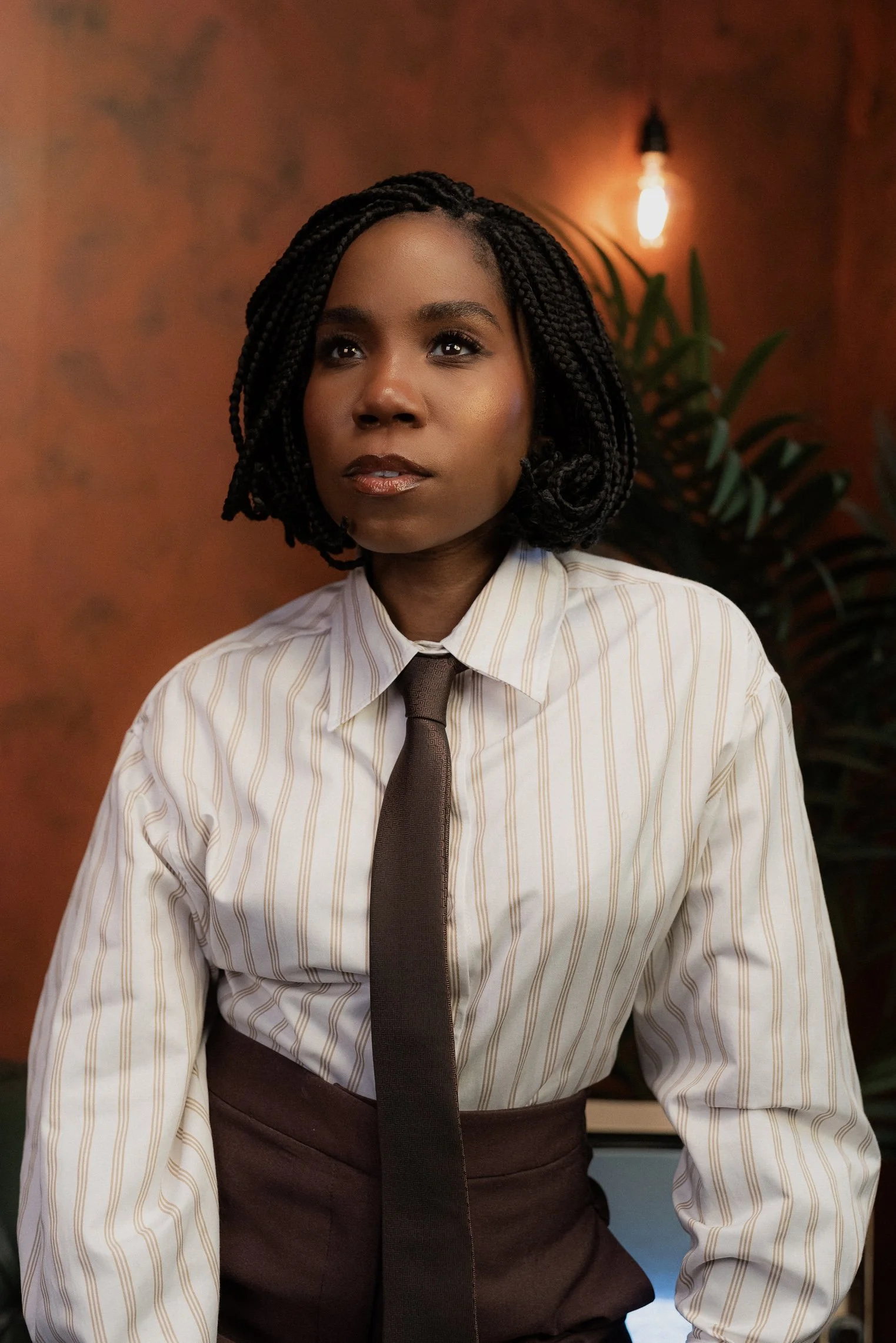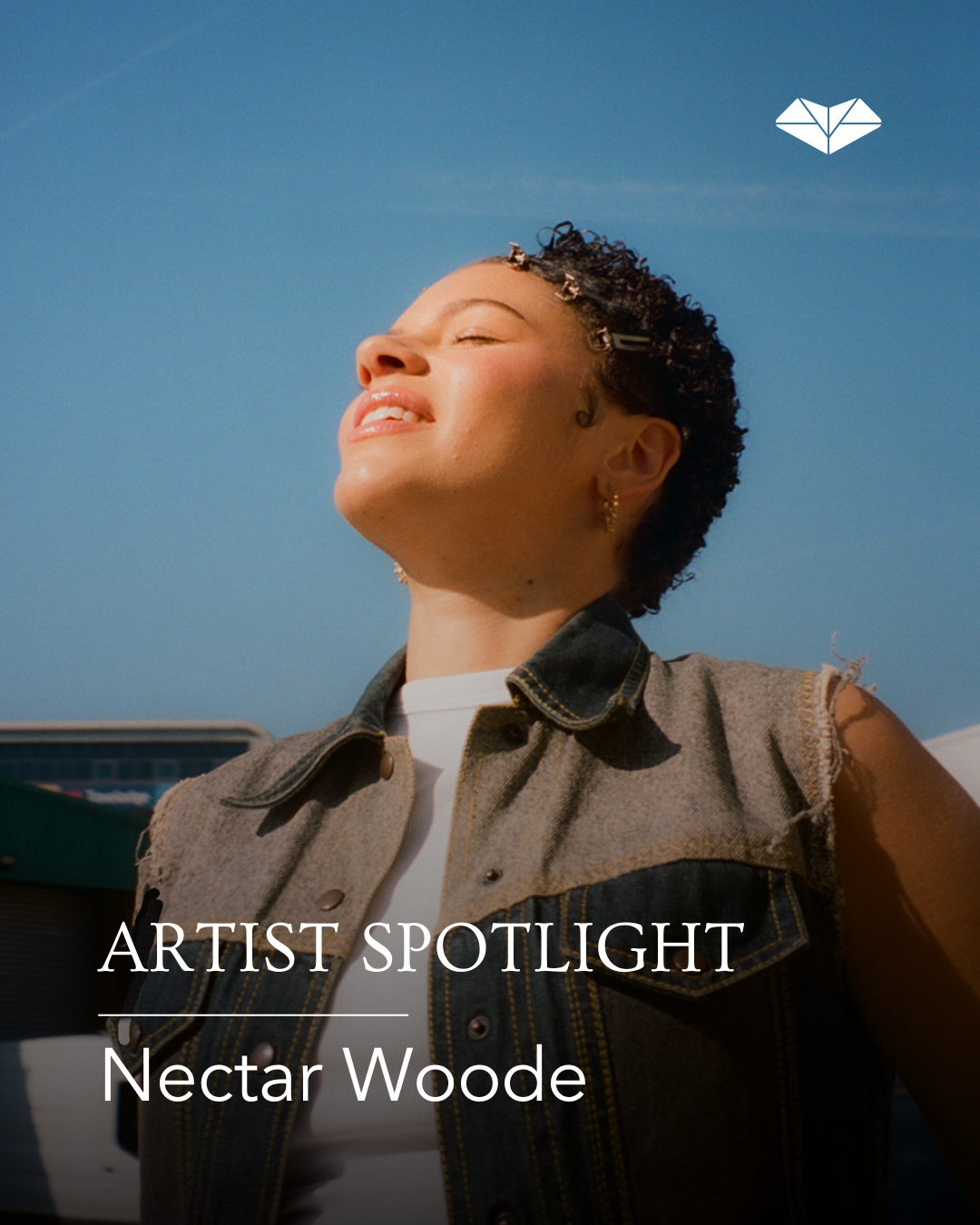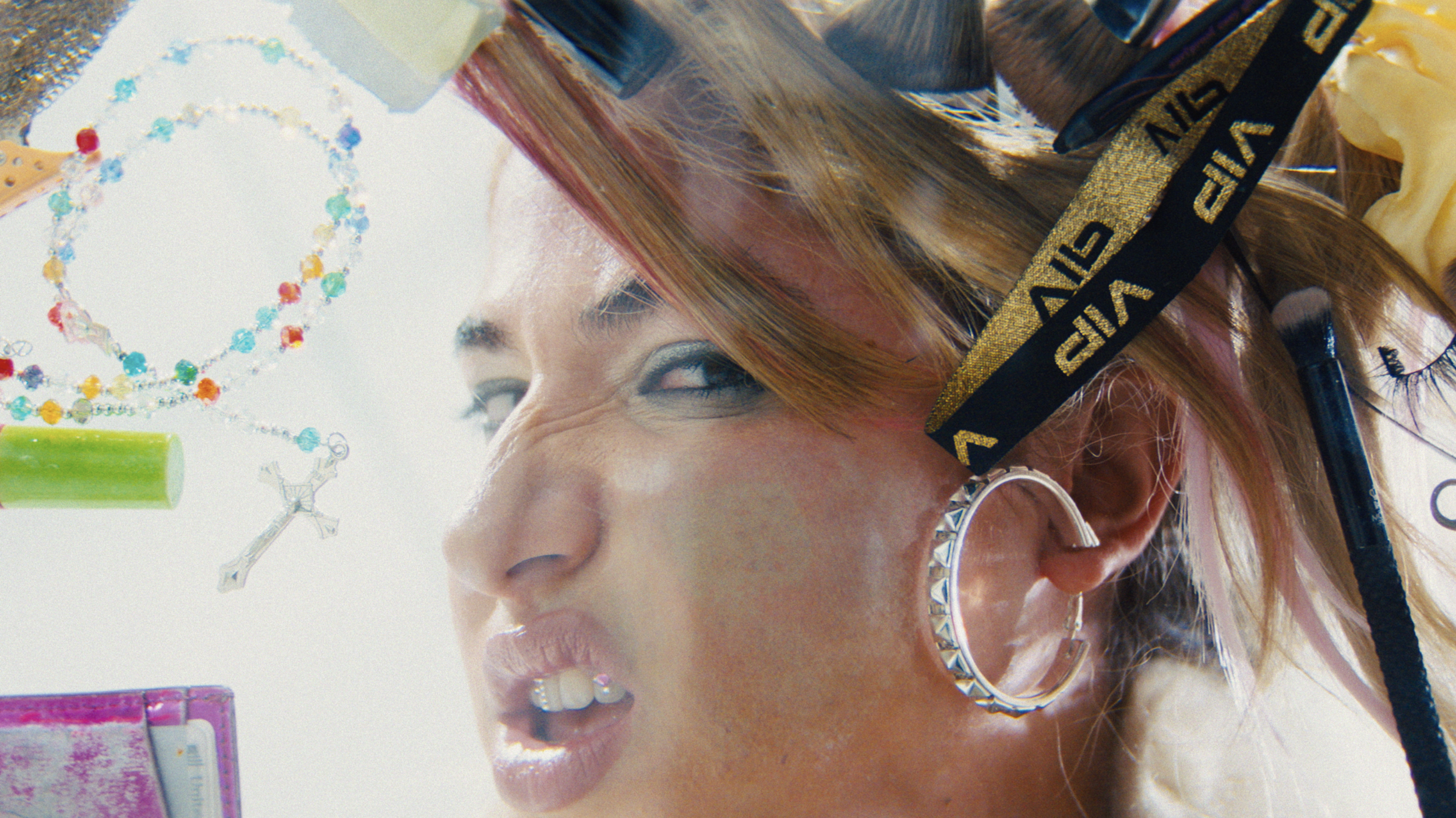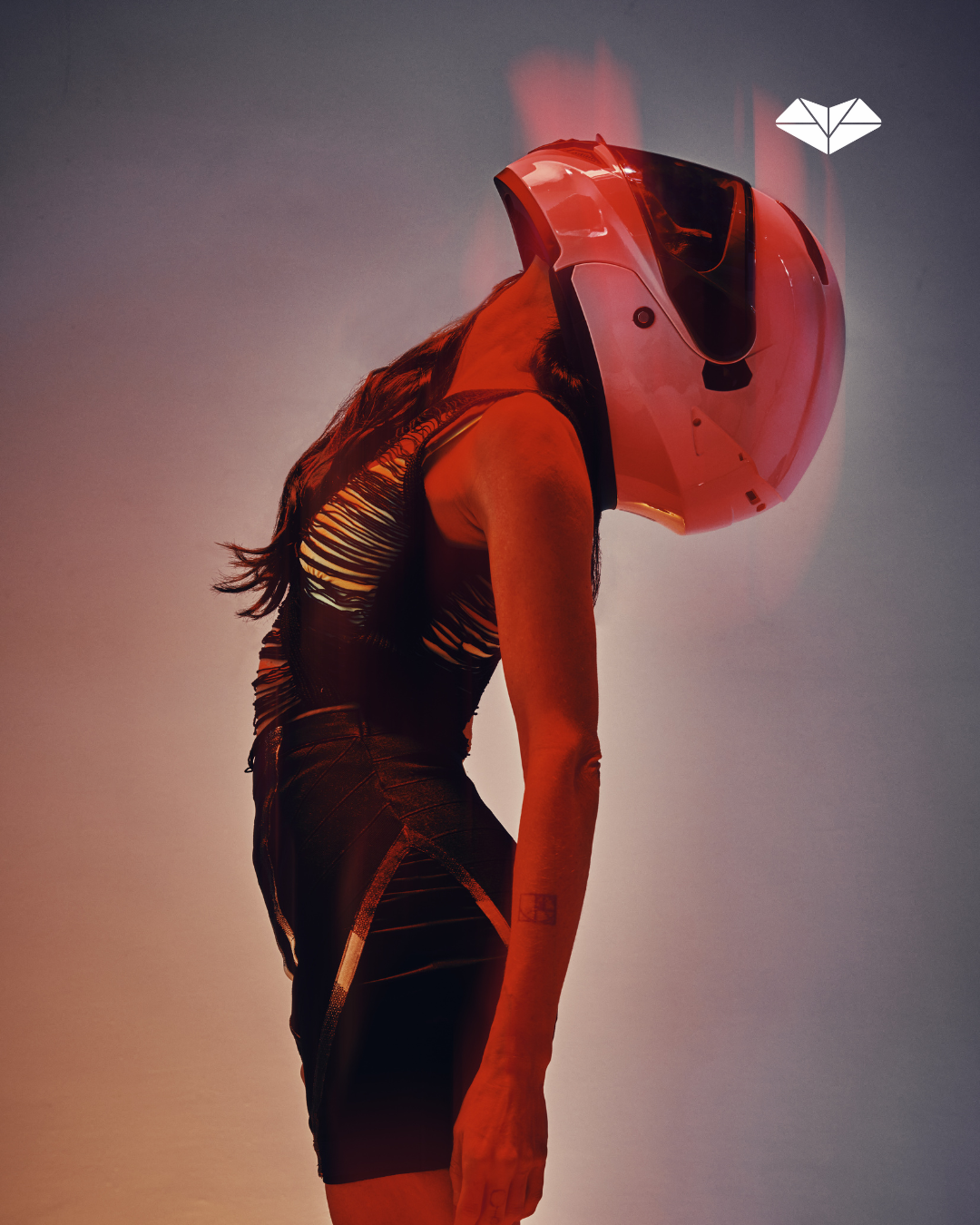Photo credit: Alessandra Leimer
Kallemi (Arabic for “Speak” in the feminine voice) is a transnational musical project formed by Jasmin Albash, La Nefera, Maysa Daw, and Rasha Nahas — four artists whose individual practices span electronic music, hip hop, rock, and experimental songwriting.
What began as a short-term exchange through Kaserne Basel during Palestine Music Expo quickly became something deeper. Rooted in shared experiences of migration, ancestry, and the search for home, Kallemi’s music is shaped as much by friendship and trust as it is by sound. Since their first performance, the project has grown organically through live shows across Europe, the UK, Canada, and Palestine, long before any official release.
Their debut single ‘One Day’, written during their first residency in Ramallah, marked the project’s first release and was followed by ‘Where Is Your Home’. A new single and their debut EP — produced by Aaron Ahrens and recorded in Berlin — are set for release on January 30, continuing to expand Kallemi’s evolving collective body of work.
How did Kallemi first come together, and what made you realise this wasn’t just a one-off project?
We met through an exchange initiated by Kaserne Basel (Switzerland) during Palestine Music Expo. During the 10 days that we had to work, the songwriting process was flowing very organically and in addition to the music flourished a genuine connection and friendship. After getting off the stage from our first show in Basel, noticing the energy that we felt between us as band, as well the exchange with the audience we realised that this is bigger than us.
You met during Palestine Music Expo in Ramallah. What do you remember most clearly from that first period of working together?
It was a combination of different experiences: we lived and rehearsed in an almost empty flat and Maysa packed the car with gear from Haifa. Each of us brought their instrument and we just jammed, explored the city, ate amazing food, talked for hours and wrote almost all of the songs we have during that time.
What’s your favourite part of making music as a collective and what’s the hardest part of sharing creative space?
The hardest part for sure is the physical distance between us. In order to tour, rehearse or write music it requires a lot of organisation and resources, which forces us to be more strategic which is good, but not always simple.
Plus decision making and distribution of tasks, for example in our individual projects we are used to deciding for our own but making decisions collectively can be hard but also freeing and opening horizons at the same time.
Definitely magic is when we finally all meet in one room and the music is happening between us and there are these moments where we know that everything is falling into place.
Each of you brings a distinct sound and skillset. What’s one concrete rule or habit you’ve developed to make collaboration work smoothly?
There is no actual rule. When we are making music, we do not force anything to happen, we trust each other’s creativity and skills and we let things happen naturally. when one of us has an idea, we take that idea and explore it to the max. at times we go back to songs and change parts of them, but we keep them flowing.
On the technical\logitsic side, we each have her strength and skills, and we divide the behind the scenes work accordingly.
Before any official releases, you were already touring internationally. What did playing live teach you about the project early on?
From playing live we love each others energies on stage, its a fit! Even though its not the easiest setup as a long distant band, this understanding keeps us committed and resilient to make it work.
Photo credit: Alessandra Leimer
For emerging artists trying to connect with the right people in the industry: what’s one networking tip that actually works for you?
Always trust your gut. If anything feels off, it probably is.
What’s one mistake you made that taught you something useful about building a sustainable music project?
It took us time to distribute the tasks and to do’s between us, but once we figured that out the workflow became much more sustainable.
What are you listening to at the moment?
Ino Casablanca, Maria Basel, Stevie Nicks, Dina El Wedidi

